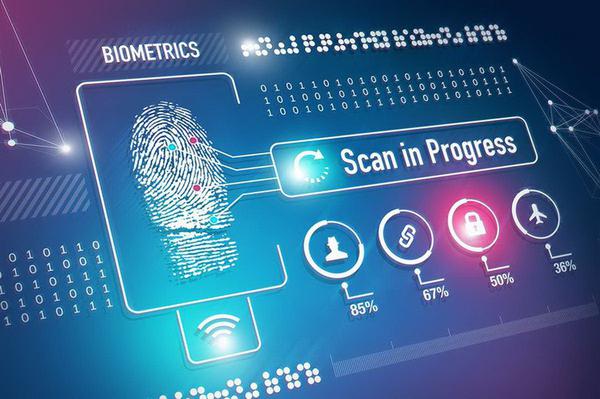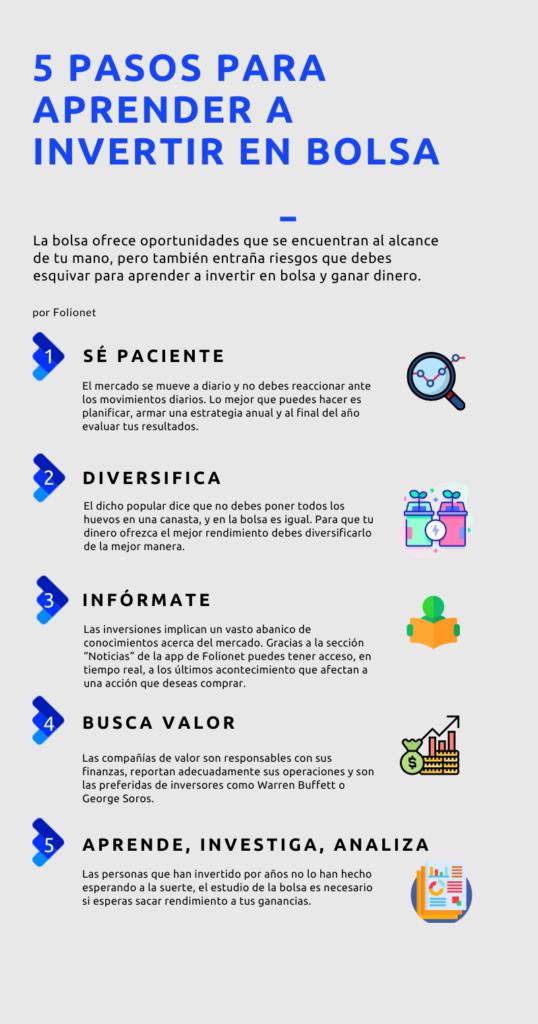The luxury sector uses the 'blockchain' to ensure the authenticity of its products
retina ideas
Proof that products are not counterfeit and transparency of the supply chain are two priorities for luxury consumers in the digital age
The Country RetinaMadrid -The luxury sector is perhaps one of the sectors that can get the most out of blockchain technology. The blockchain allows the origin and travel of any product to be traced, which can facilitate the process of verifying if a branded bag is authentic or bought from the Chinese. With the use of blockchain, you can receive a quick and easy confirmation of the origin of the products. The big players in the sector already know this and, for this reason, LVMH – the leading French multinational conglomerate in luxury today – has got down to work and is exploring the potential of this technology.

@engineers_feed @elonmusk Engineers love technical challenges and love how to figure out how to do the impossible.… https://t.co/trNmcvjpsG
— Amor Fati Sat Jul 24 12:44:08 +0000 2021
Aware that product authentication and transparency in the supply chain are already two priorities for consumers in this sector in the digital age, between May and June of this year LVMH will launch a project in collaboration with Certilogo to meet these needs. . Louis Vuitton and Parfums Christian Dior will be the first brands to put it into practice. "When a leader with the reputation of LVMH decides that product authentication is an essential service for consumers of luxury goods, the time has come for all brands with luxury and premium lines to pay attention," explains Michele Casucci, founder and executive director of Certilogo, according to Europa Press.
More informationCusto turns to artificial inspirationFashion: print your clothes and shoes (even at home)Certilogo is a company that provides authentication services to more than 80 global brands, and collaborates in this project to build trust, attract the most demanding global consumers and add new value to the experience of buying luxury products. "Blockchain is one of the most exciting technologies of our generation as it shows consumers where a product comes from, who made it, what it's made of and if it's authentic," explains Casucci.
The luxury sector is the last one that has joined the use of this technology to know where the products come from. In a supermarket, we can know if the eggs are really organic or if some clothing has been produced by slave labor. The firm Provenance, for example, does it with fish: each party involved (the fisherman, the carriers, the distributor...) must scan a QR code associated with each box of fish, so that there is a record of the hands that they have touched it. All this information, encoded in a personal, non-transferable and unalterable chain of blocks, is the so-called product passport. The American giant Walmart has already announced that it will use blockchain to guarantee the traceability of its products. The car industry and port container managers are also on it.
Rules

